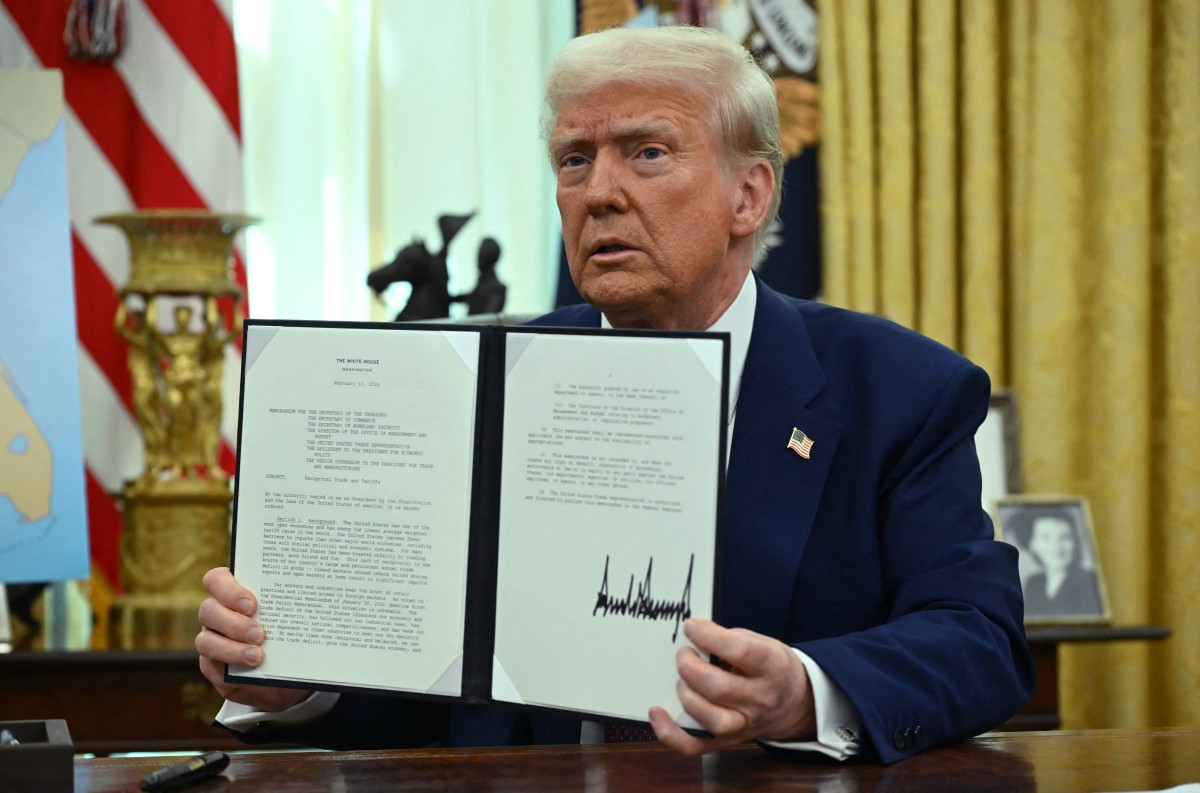World
Court Denies Trump’s Bid to Reinstate Birthright Citizenship Ban

A U.S. court has rejected former President Donald Trump’s attempt to reinstate a ban on birthright citizenship, marking a legal setback for his immigration stance.
An appeals court affirmed on Wednesday a ruling that prevents President Donald Trump from terminating birthright citizenship for children born to parents who are in the country unlawfully.
The Justice Department submitted an emergency request aimed at facilitating Trump’s executive order, which has faced obstacles from lower district court judges since its announcement in January.
This executive order seeks to reinterpret the 14th Amendment of the United States Constitution, which stipulates that any individual born on U.S. soil is granted citizenship.
Among the most contentious of Trump’s executive actions, it asserts that this right does not extend to the offspring of individuals who are not permanent residents or citizens.
The request was rejected by a panel of three judges from the 9th Circuit Court of Appeals, who were appointed by Trump, as well as former presidents Jimmy Carter and George W. Bush.
Judge Danielle Forrest, appointed by Trump in 2019, stated in the ruling, “The Government has not demonstrated that it is entitled to immediate relief.”
She noted that the “sole basis” for the emergency request was the district court’s decision, which had “stymied the implementation of an Executive Branch policy… nationwide for almost three weeks.”
Judge Forrest remarked that “deciding important substantive issues on one week’s notice turns our usual decision-making process on its head” and emphasized that the circumstances did not necessitate such urgency.
Trump’s executive order was scheduled to take effect by February 19 but was initially blocked temporarily by a federal judge in January, with the suspension now extended.
His directives have encountered increasing resistance from the judiciary, resulting in approximately a dozen injunctions issued amid around 40 lawsuits.
In a separate matter, the Trump administration filed its first appeal to the Supreme Court on Sunday, seeking permission to dismiss the head of a whistleblower protection agency.
The Supreme Court, which includes three justices appointed by Trump, is expected to play a crucial role in what some analysts predict could lead to a significant constitutional crisis.
